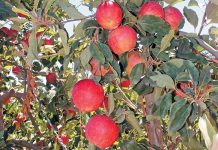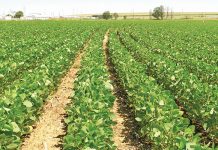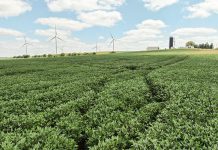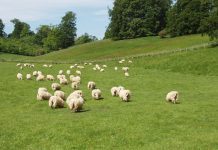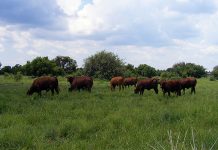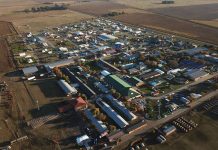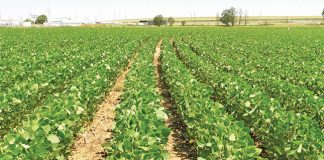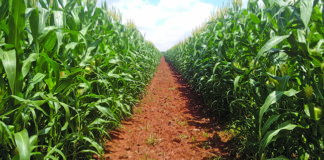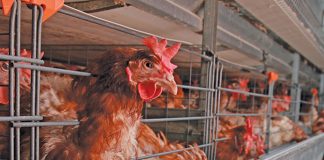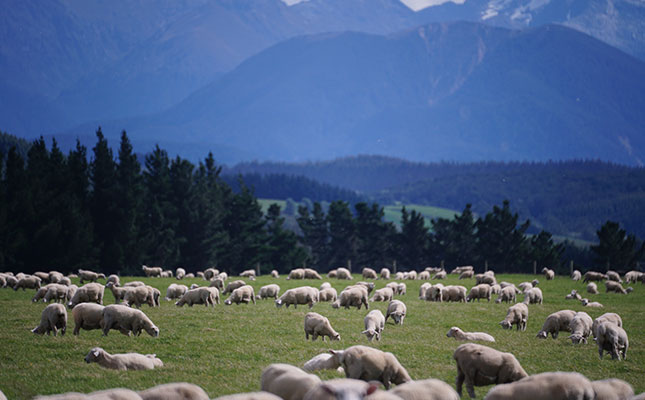
Photo: Pixabay
New Zealand has implemented a new climate change curriculum in schools that advises learners to avoid consuming dairy and meat.
According to Reuters, this curriculum has been heavily criticised by the agriculture community in New Zealand, with agricultural commodities accounting for 60% of the country’s exports.
READ Does a meatless, milkless future loom?
Farmers in New Zealand said they felt targeted by the new curriculum, which amplified their frustrations as the government pushed for a reduction of carbon emissions to achieve the country’s goal to become carbon-neutral by 2050.
The curriculum blamed agriculture for being a leading cause of greenhouse gas emissions and therefore advised students to avoid consuming dairy and meat.
READ New Zealand adds methane loophole for farmers in carbon bill
“If they are going to continue to bite the hand that feeds them, and farming feeds New Zealand, then they are going to lose out in the long term,” dairy farmer Malcolm Lumsden from the country’s northern Waikato region told Reuters.
In terms of exports, demand for New Zealand’s grass-fed dairy and meat products had soared in the past decade, especially from Chinese consumers.
READ Getting started with dairy goats: practical tips from a farmer
Tim van de Molen, a member of New Zealand’s parliament, said: “What we are seeing currently [with] proposals that people should be looking to have Meatless Mondays, or that dairy farming is terrible for the climate, [are that] those sorts of things are very opinionated and don’t have a clear scientific basis”.
“It’s clear that farming has an impact on the climate, [but] so does everything, and we need to be very clear [about that].”
Chairperson of the National Council of Rural Support Trusts and also a farmer, Neil Bateup, suggested in a statement that the education material was misleading.
The country’s coalition government defended the new curriculum, saying that it was important to introduce it, as children were growing up worrying about how climate change would affect their lives.

